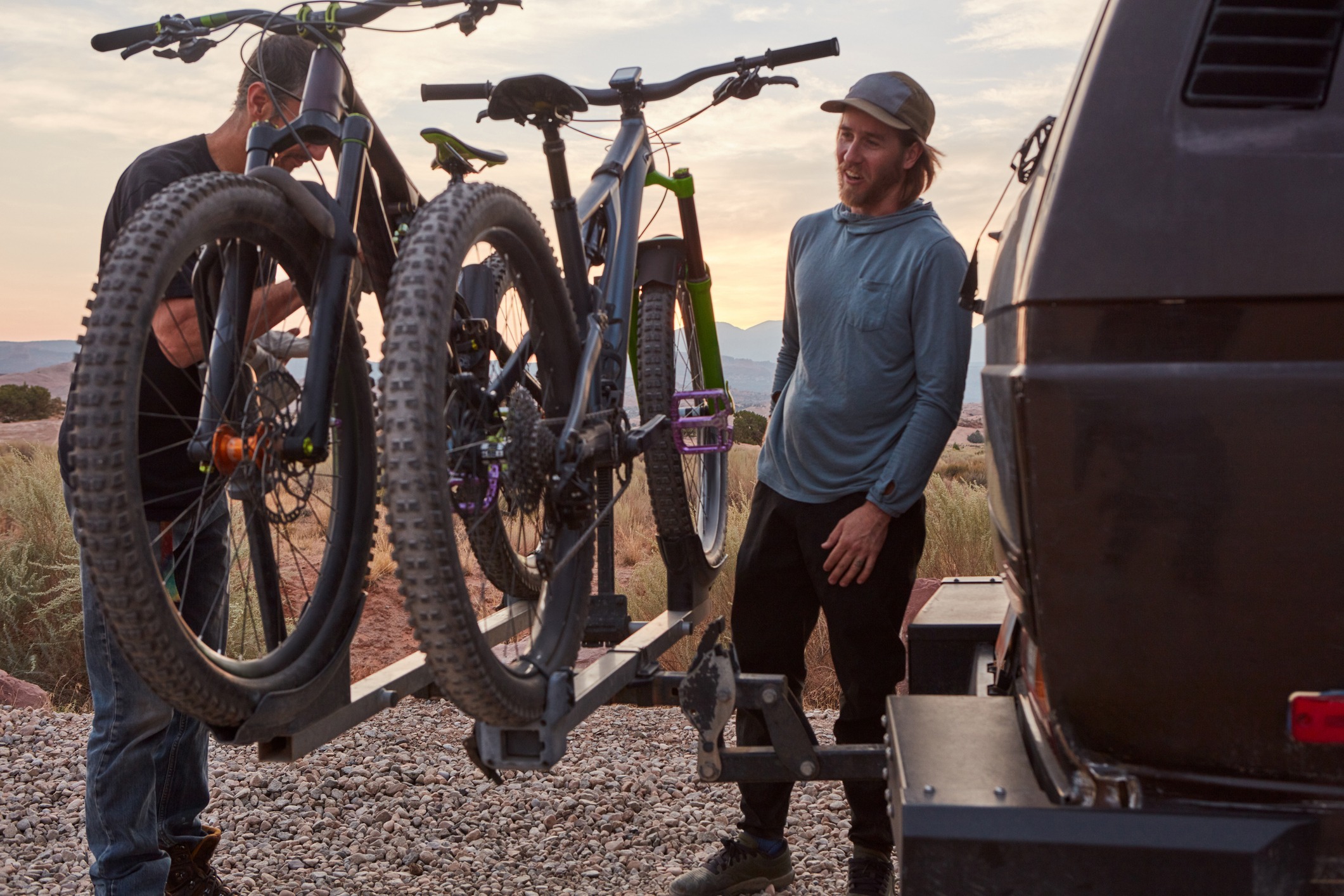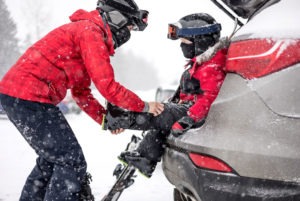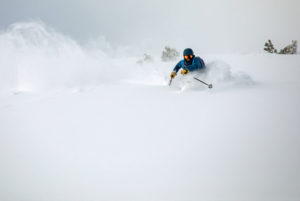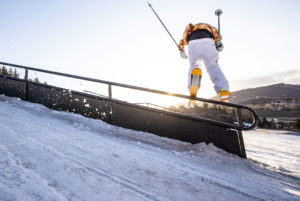Whether you have been dreaming of skiing your whole life or you are looking for a fun new way to hang out with friends, there are a few things to consider before you get started! Learning to ski can be challenging, but with some persistence and the right attitude, you will fall in love with the sport in no time.
It is easy to start with the right attitude on day one, experts make it look so easy, the mountain is beautiful, and you have the new-to-you equipment to keep you interested. Remember, professional skiers, make it look easy because they have been doing it for many years!
So, remind yourself, everyone starts somewhere, and it is okay not to get the hang of it on your first day out. But just like in any new sport or activity, there are certain things you should know before you go!
If you are new to skiing, then chances are you know very little about what you will need to get started, what your first day looks and feels like, and what to expect on the slopes. With the right training, gear, expectations, and tips, you can make the most out of your new skiing adventure and have fun day one! If you are not sure what you need to build your new skiing kit, just focus on the essentials.
Manage and Set Your Skiing Expectations
Since you are new to skiing, it is completely normal to have a relatively frustrating first day. Whether you are spending a bit more time on your bum than you expected, or you just cannot keep up with your more experienced friends, it is all part of the learning process!
Trust the process – falling is part of it when you are new! Your first time out is all “pizza” this and “French fry” that, but once you get the hang of it, the bunny hill will be a distant memory. So, understand that building up the basics will help down the line.
If you are learning with a group, some new skiers might get the hang of it almost immediately, and some may take years. Everyone learns at their own pace, which is why having reasonable expectations from the get-go can help you stay motivated to continue in your learning process.
Do Your Research
One of the most important tips anyone can give a new skier is to do a bit of research. Watch videos, tutorials, and remember to ask questions. Talk about learning with avid skiers, how they learned, what advice they have, and what you should expect.
If you are watching “How To” videos and nervous about the process, explore and check out resorts, photos, and videos of places you would like skiing to take you. From the Alps in Europe to the Rocky Mountains out West, skiing and snowboarding can take you to some of the most beautiful places in the world. Use these amazing destinations as a goal will help you stay inspired.
Condition Yourself for Skiing
Skiing can be a physically demanding sport, and when you are new you will quickly realize how much muscle power skiing can demand. Doing a few legs and core days, if you are not already rather physically active, can help you feel more prepared for your first day skiing!
Consider Professional Ski Lessons
This is arguably the single, most surefire way to get better and learn almost immediately. Now, while there is no guarantee, the benefits of getting professional lessons can make you progress much faster. Having years of experience, an instructor can also help manage your expectations when you are out on the slopes.
Wear The Right Clothes
When you are new to skiing, making sure you are wearing the right ski clothing for your day on the mountain can seem a bit intimidating. If you are not already active in the winter, you’ll want to make sure you ask around and do your research so you know what to wear skiing.
Simply put, you will want to layer while skiing. New skiers may not have all the equipment and clothing right away, for the most part, that is okay! Layer up with active clothing or base layers, add a mid-layer for warmth, and depending on how cold it is, a shell or insulated jacket to protect against wind or snow and cold weather. Above all else, safety first! Make sure you wear a helmet when you are new to skiing.
Know the Rules and Adhere to Warning Signs and Posts
They are there for a reason. Having a solid understanding of some of the rules and signs you can encounter on the slopes can keep you and your loved ones safe from potential harm. This information can be discussed with a skiing professional, so make sure to bring the topic up and remember it whenever you are skiing.
Invest in Right Sized Ski Boots
Getting the right-sized boots is important to have the best time on the mountain. As a new skier, you likely will not find ski boots to be generally comfortable, but when you find the right pair, you will feel empowered to push yourself while skiing. If your feet are comfortable enough, then you will be able to stay out longer and get a much better feel for the sport. Whether you are renting or buying, make sure you consult with an expert to find the right pair for you.
Check Weather Conditions
Nothing can ruin a day like hard to endure weather on the mountain, whether it is drizzle or extremely cold temps. Therefore, knowing the conditions beforehand can prove to be useful whenever planning your ski outing. As someone who is new to skiing, you likely will not want to learn when it is the coldest day of the season or if there is a rain-snow mix coming down.
Additionally, if the ski resort has had very little snow or has an icy day, you may want to reschedule for a day with better snow.
Don’t Be Afraid to Rent Ski Equipment
When you are new to skiing, you might not necessarily be ready to invest in expensive gear or the sport itself. Buying your equipment can be a great reason to stay committed to the sport, even if the first few times are difficult, pushing you to gain confidence! Having the same gear every time you go out can also help with the learning process.
However, if you are not ready to invest, do not shy away from renting! Renting can be a great way to get started and get a feel for what you would later invest in.
Ski as Often as You Can!
Probably the most important, get out and practice as much as you can! Practicing techniques, experiencing varying terrain, and gaining confidence is key to growing your skills. If you can, get a group together, having a squad to cheer you on and teach you new techniques can also help with learning and confidence.








